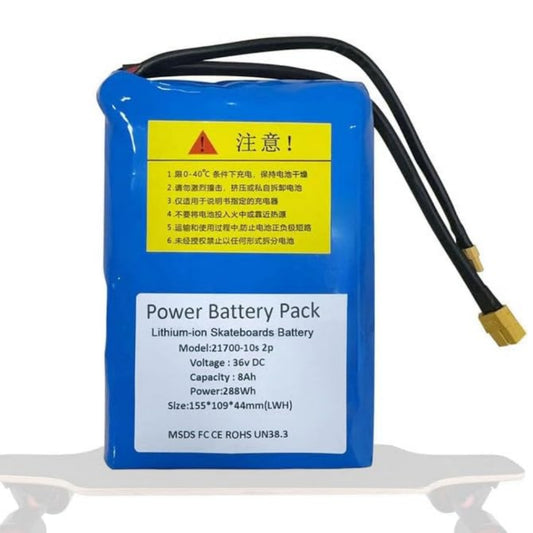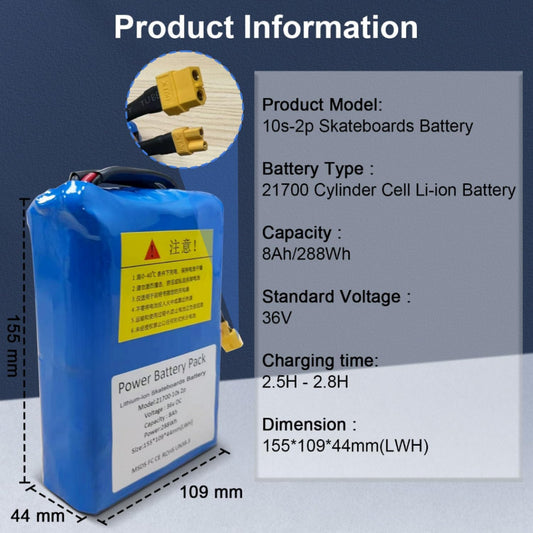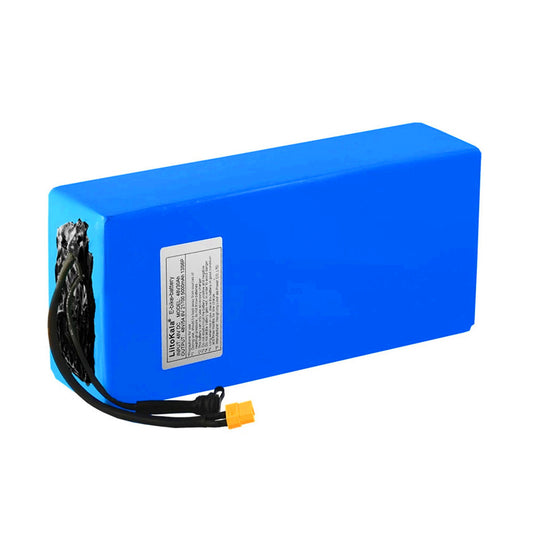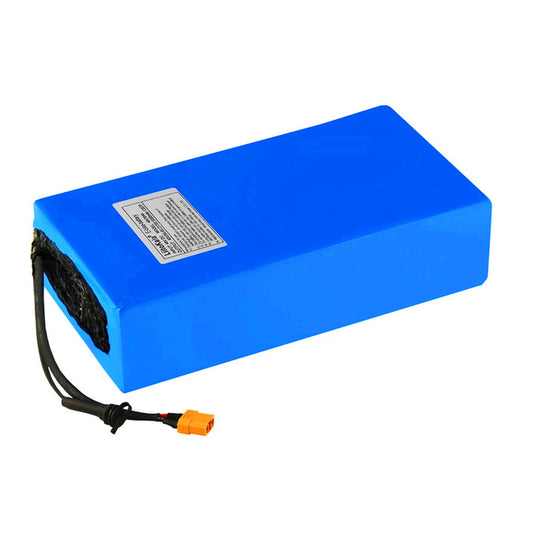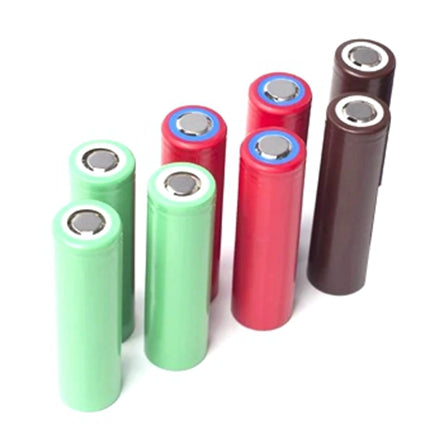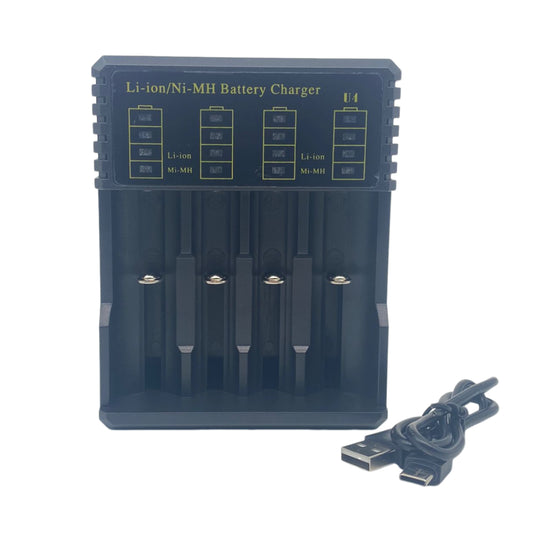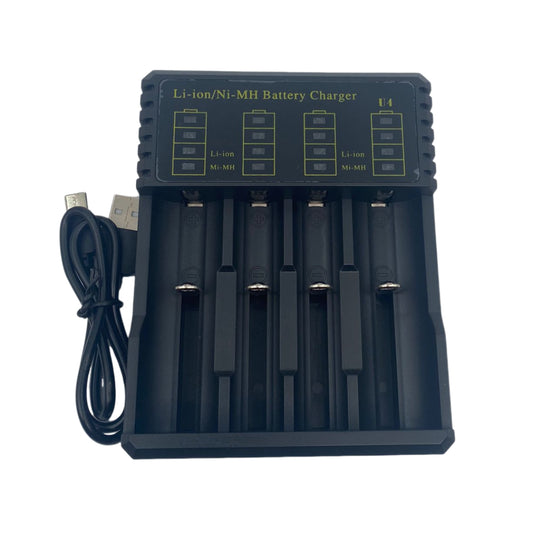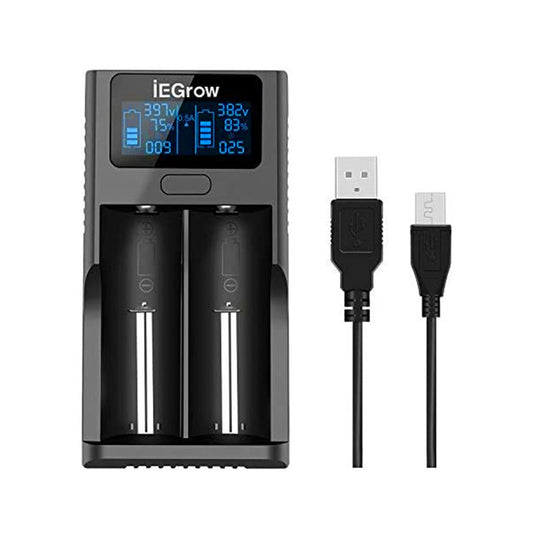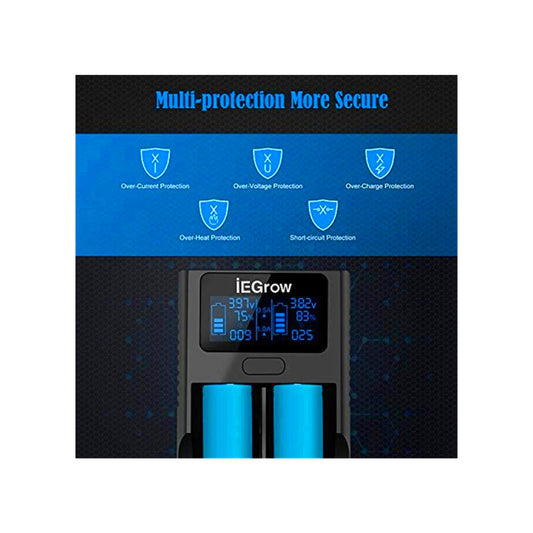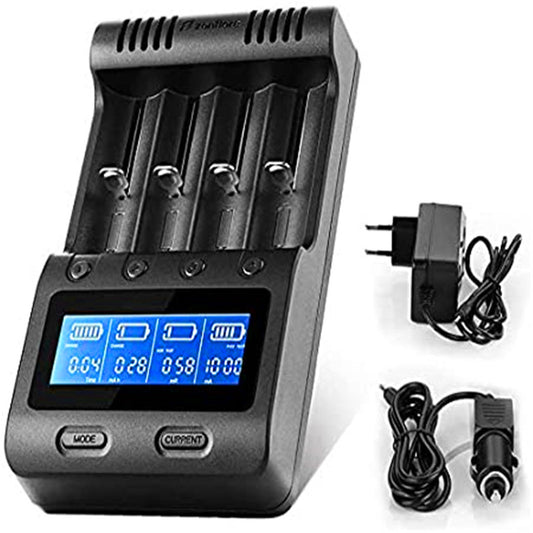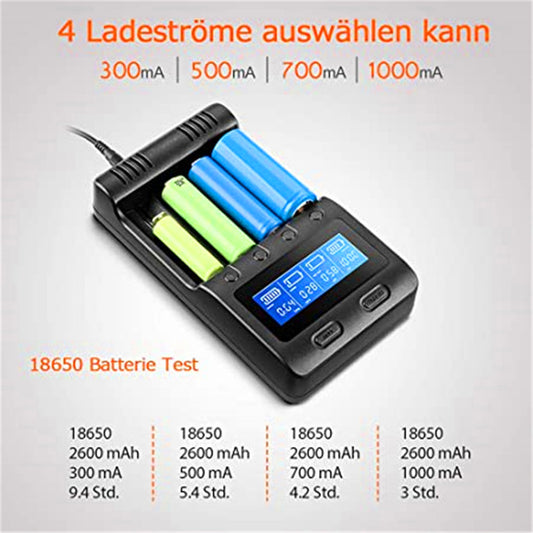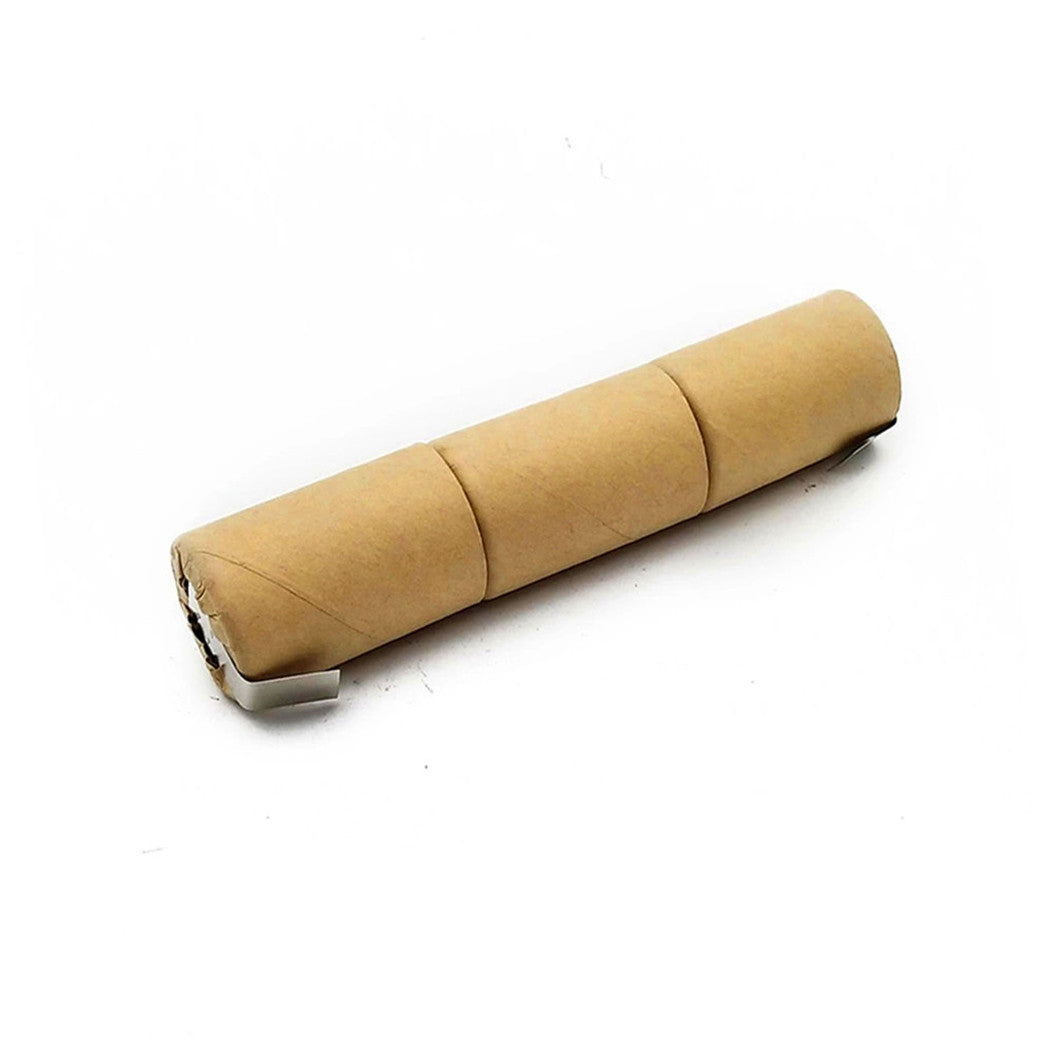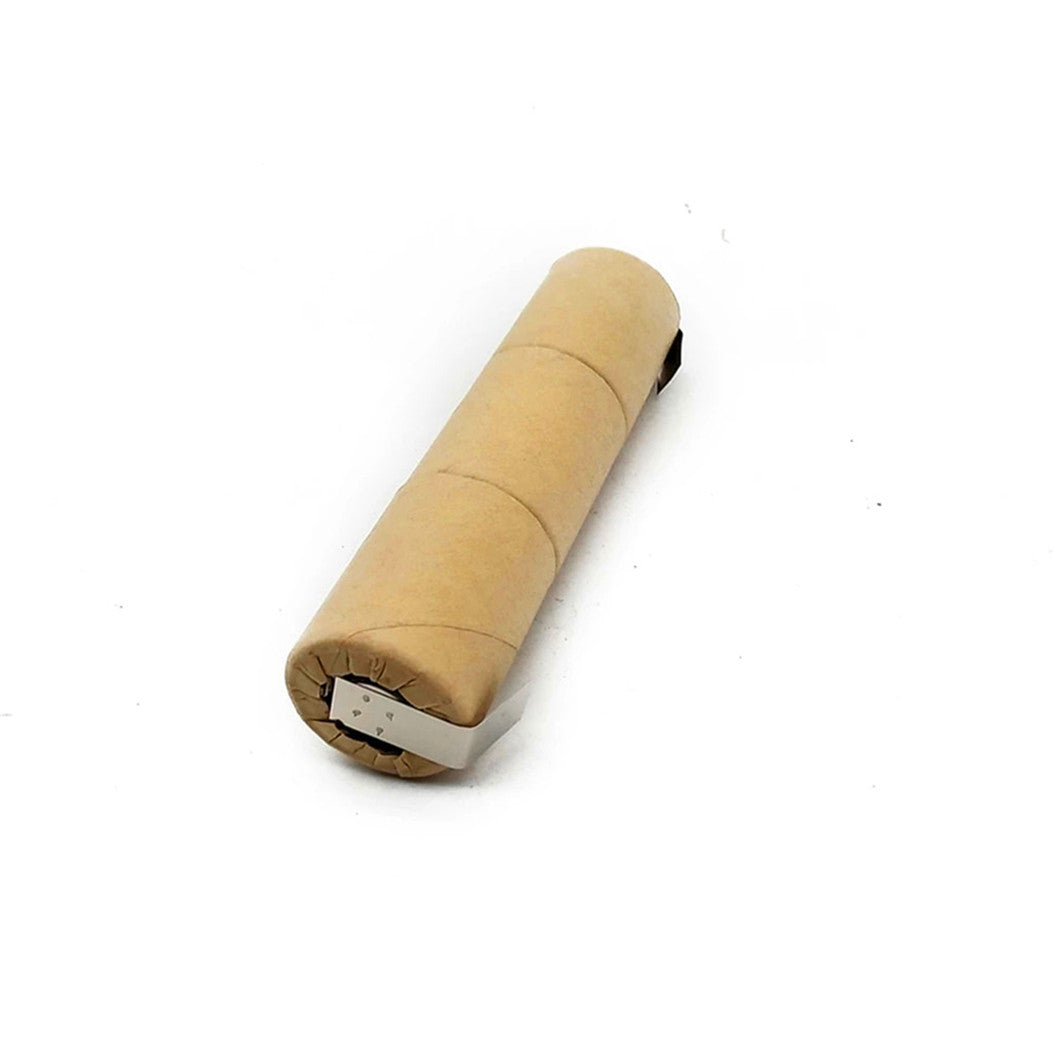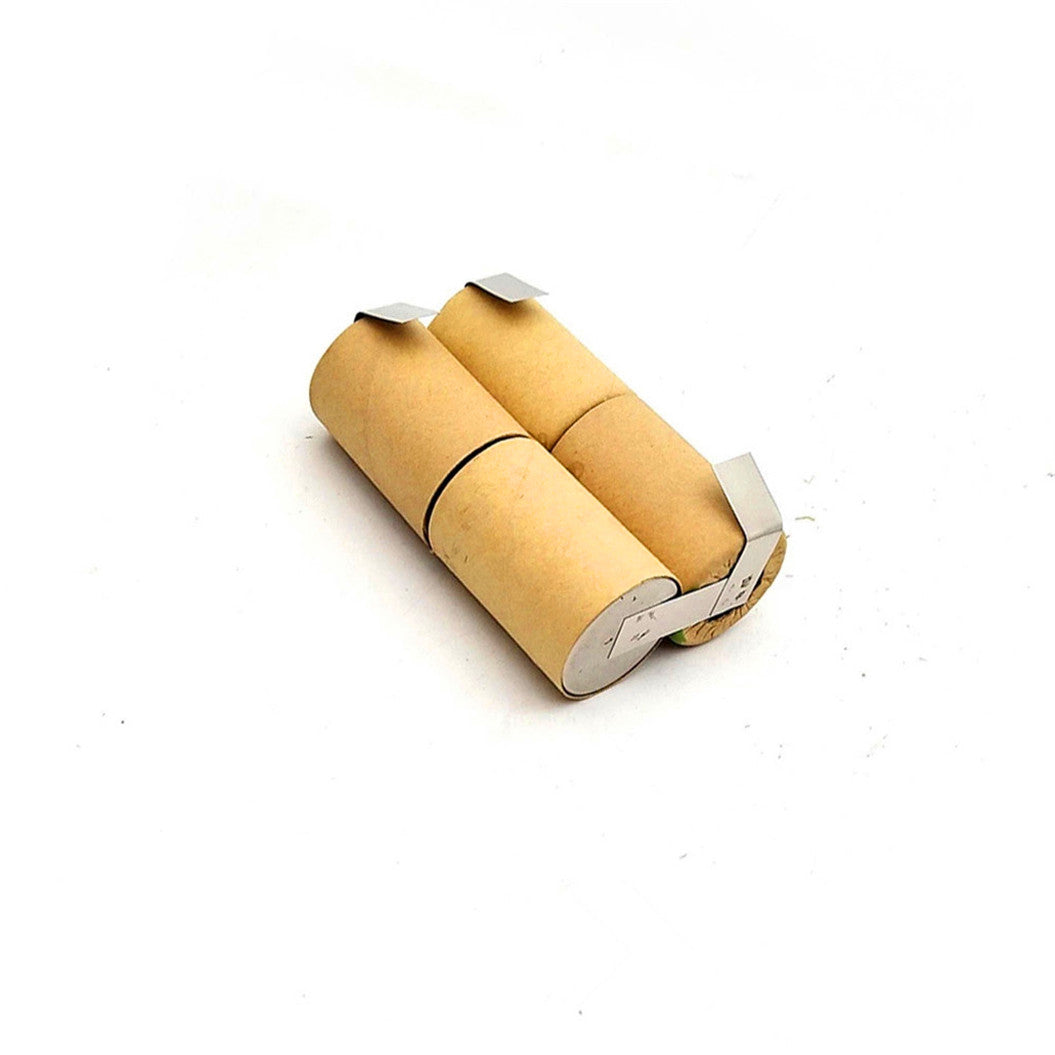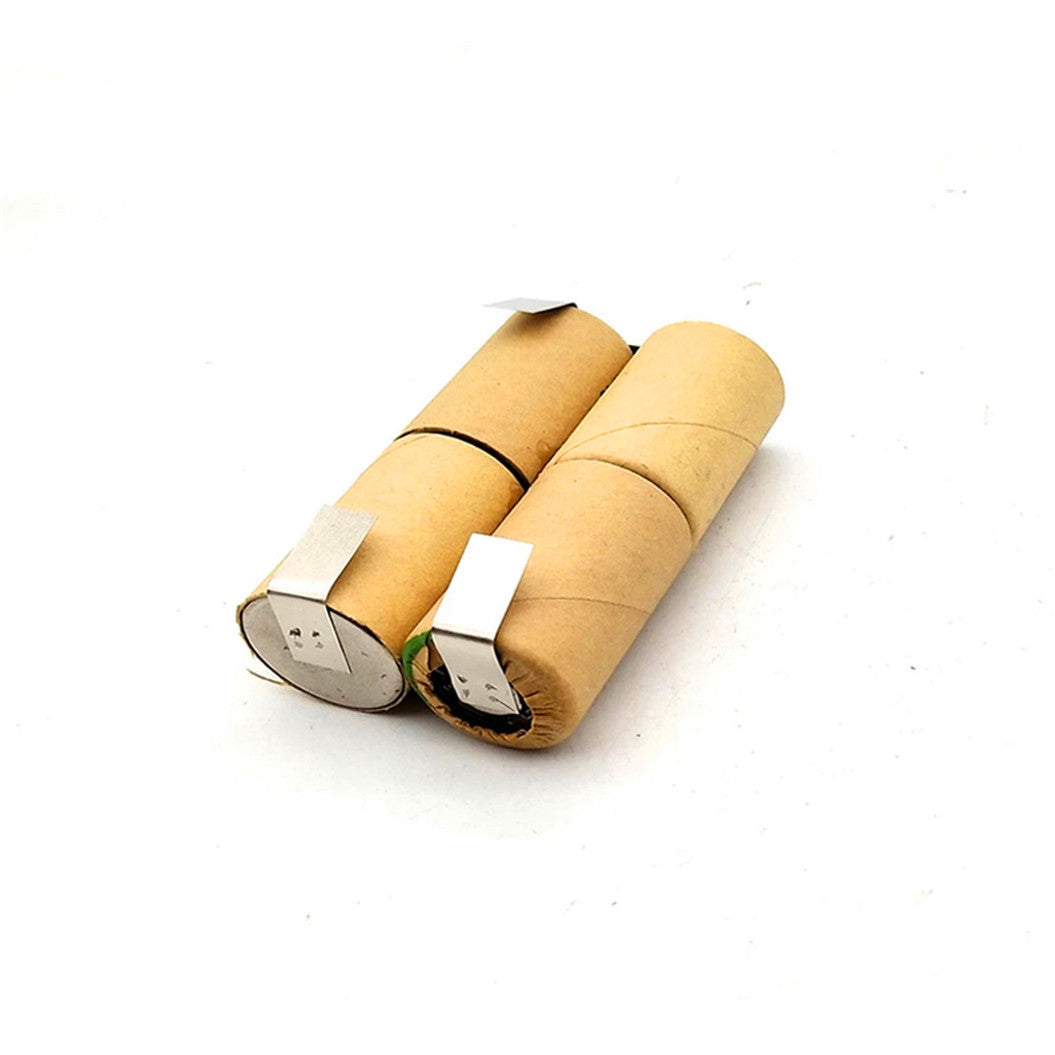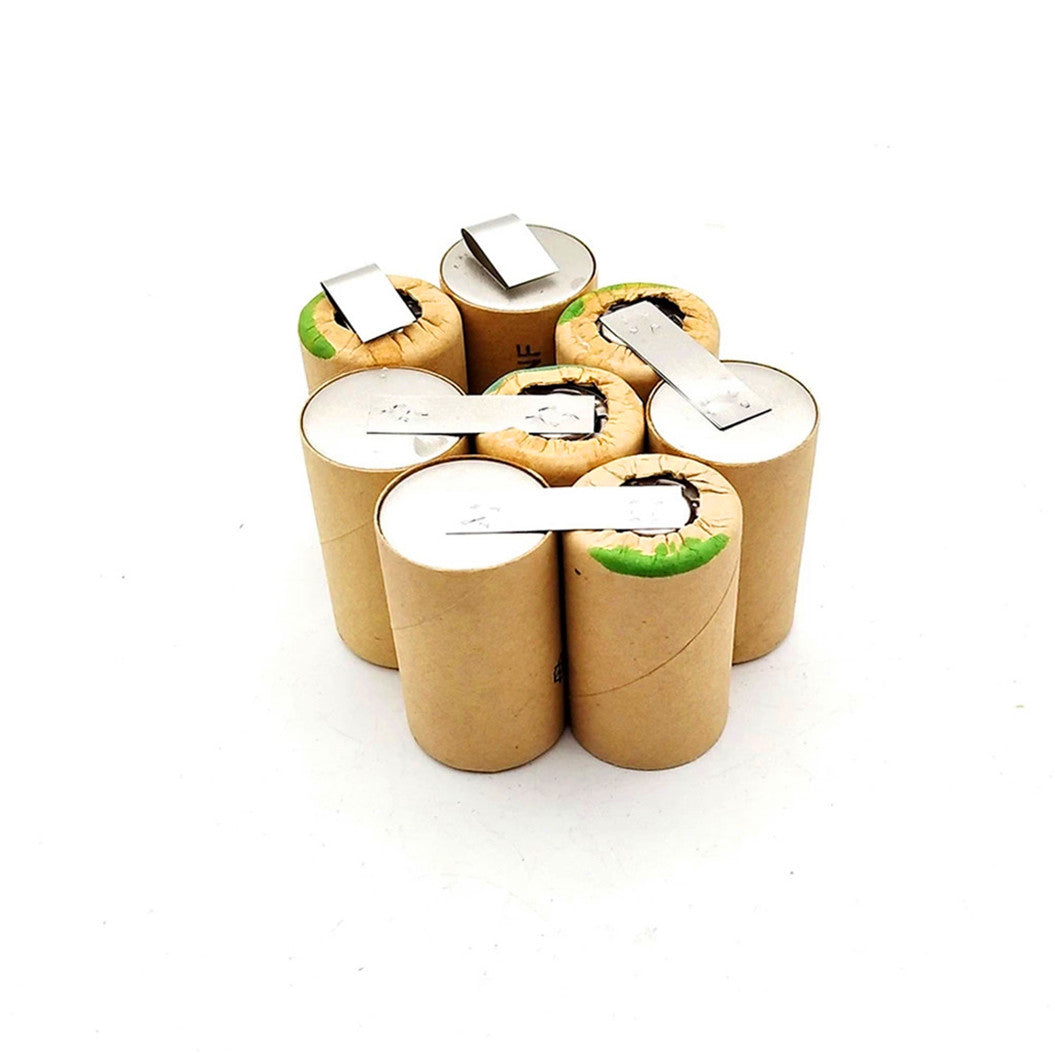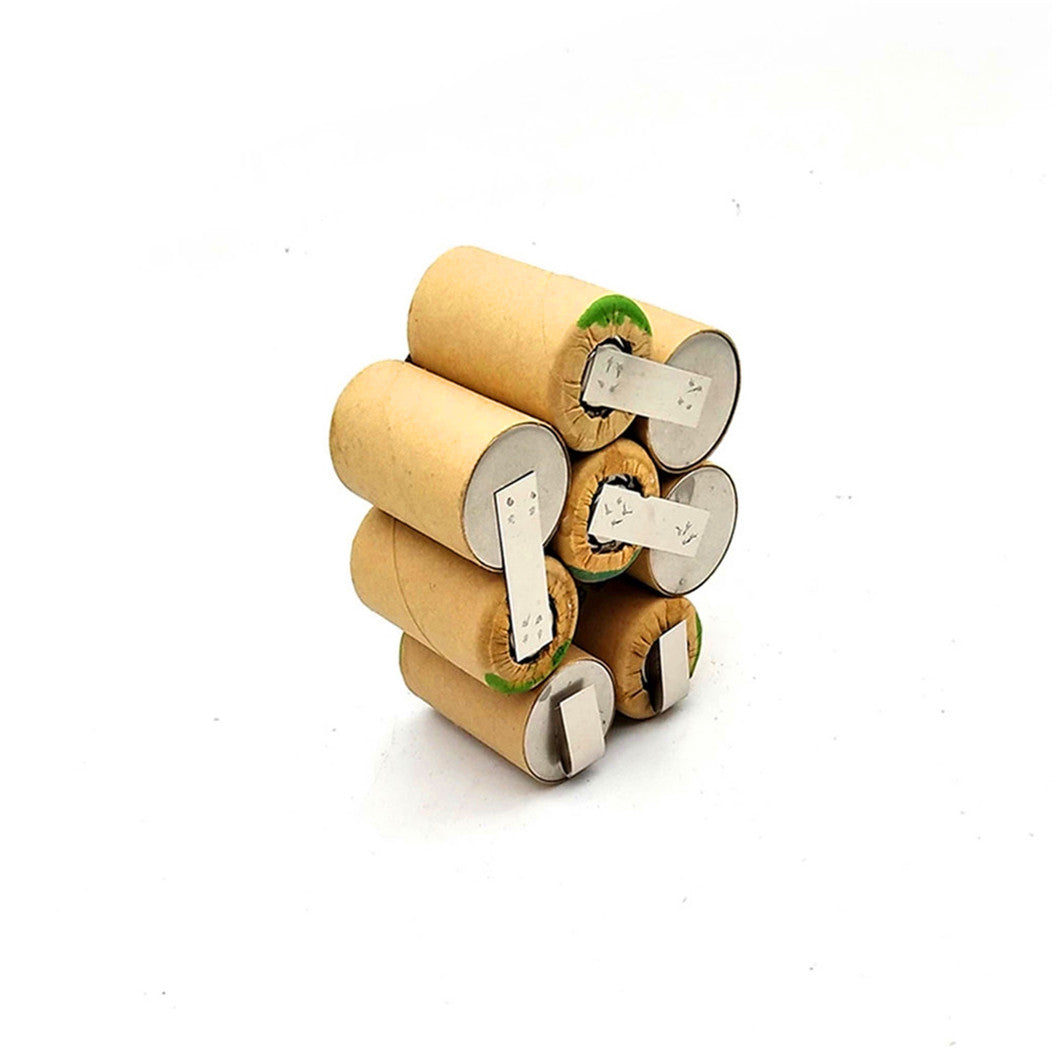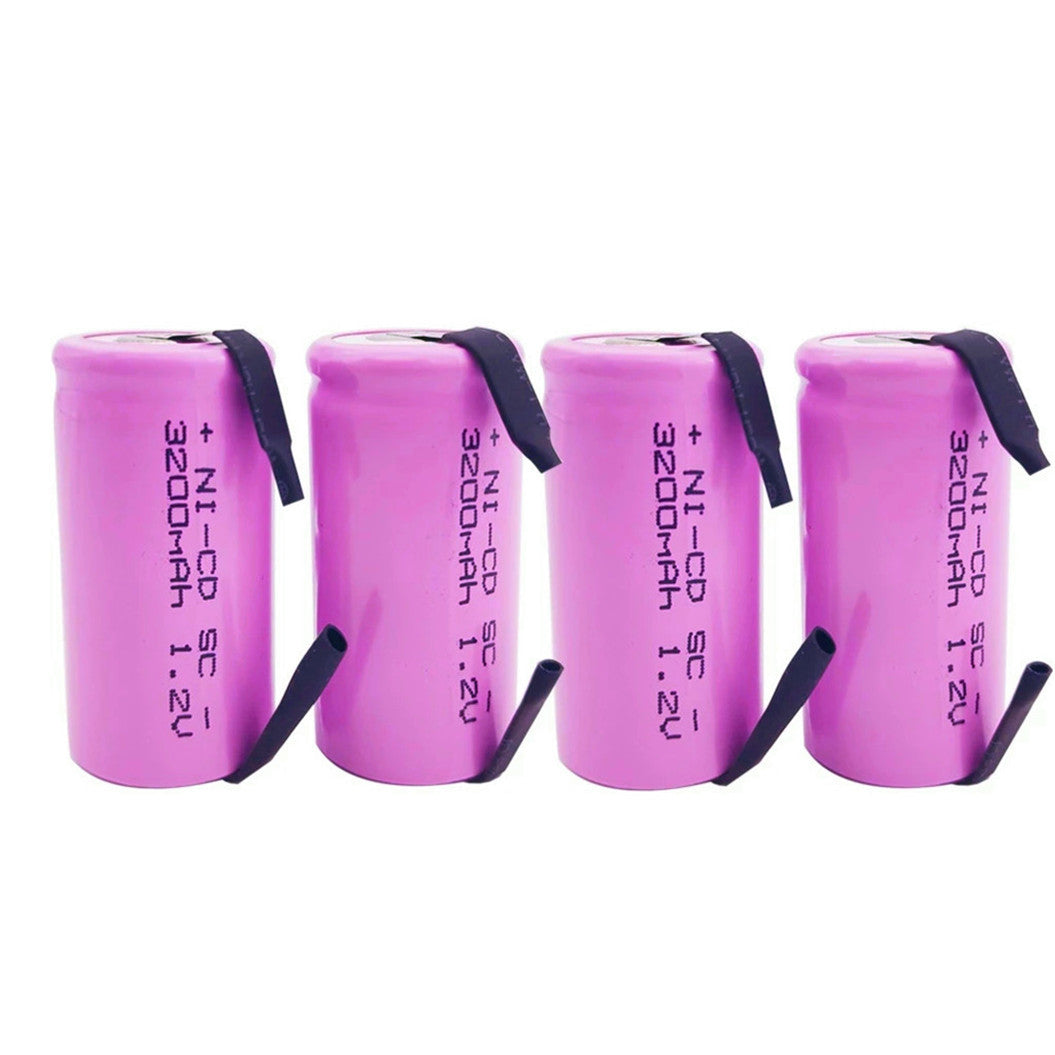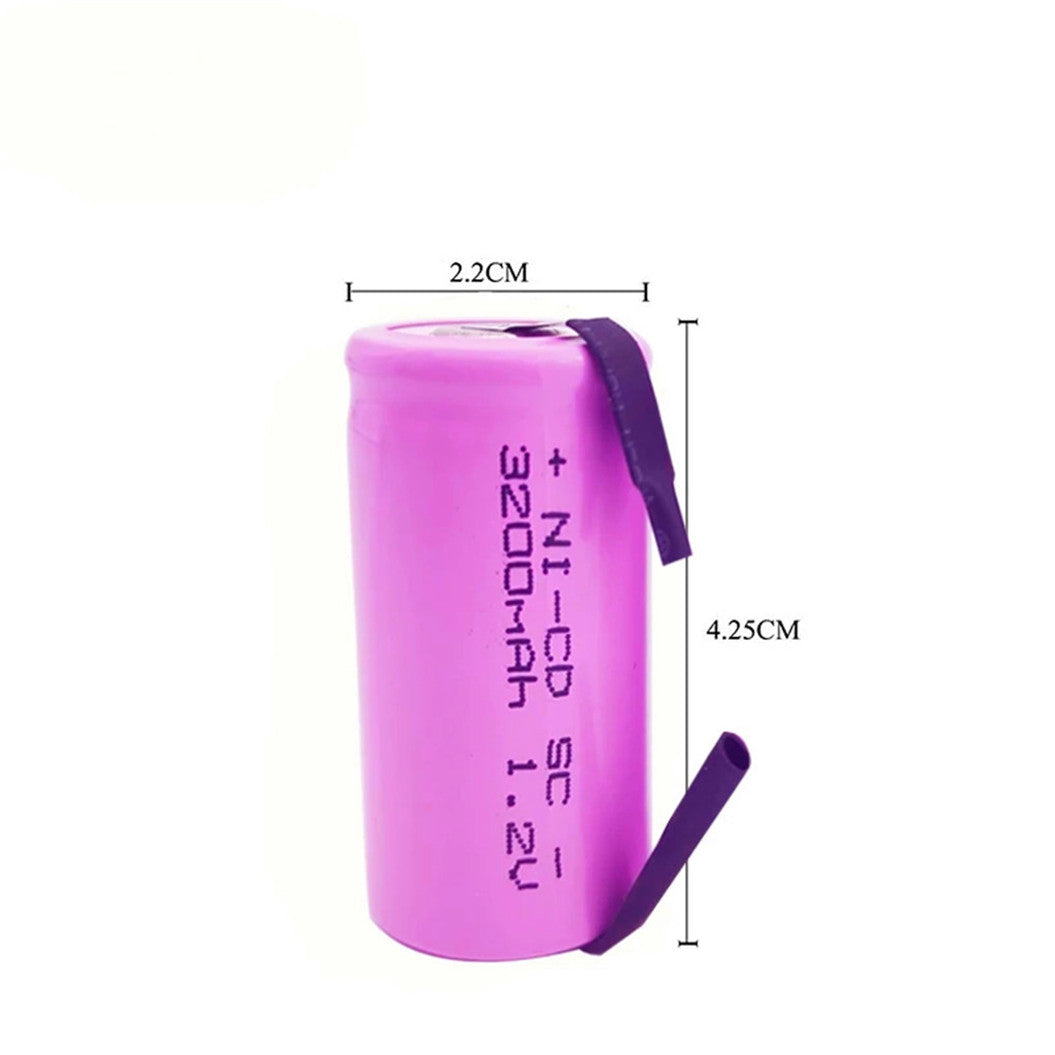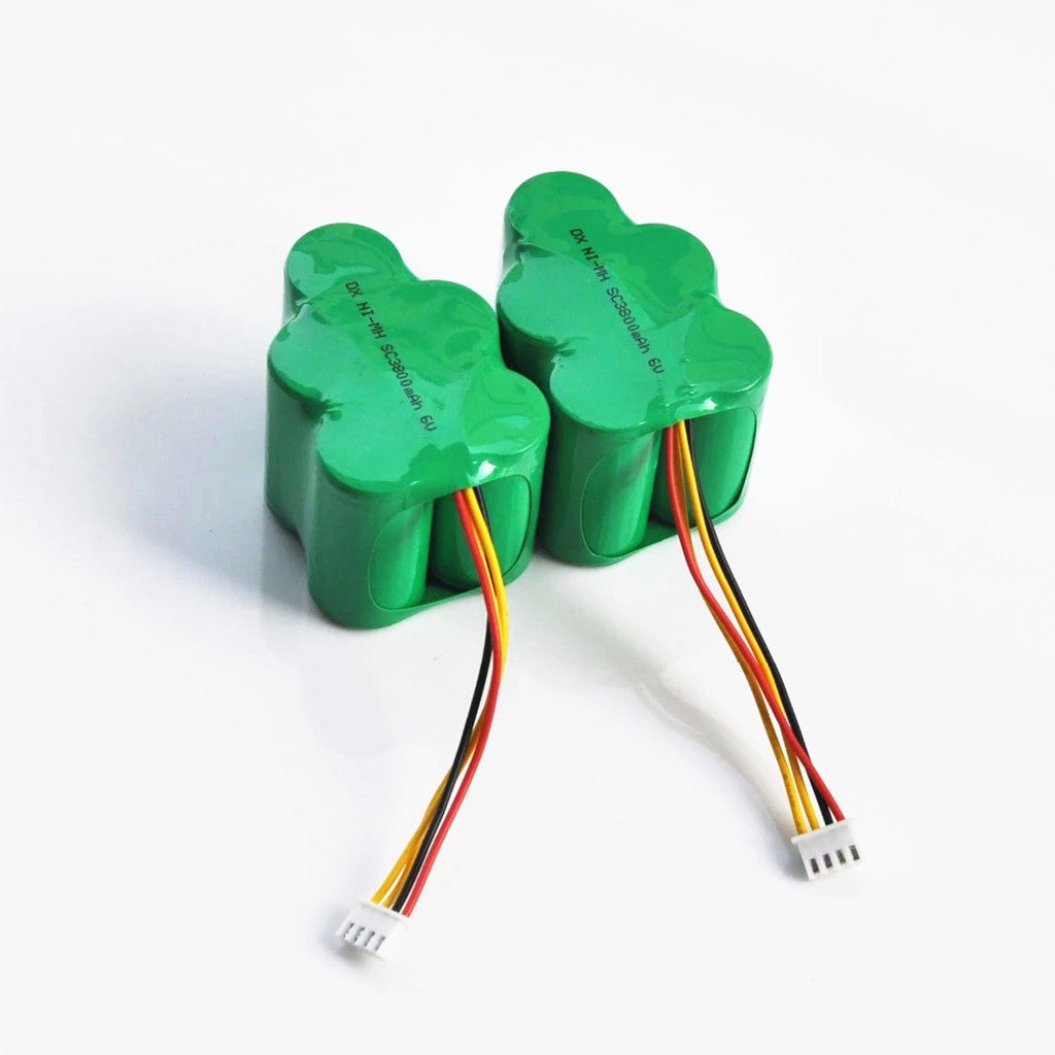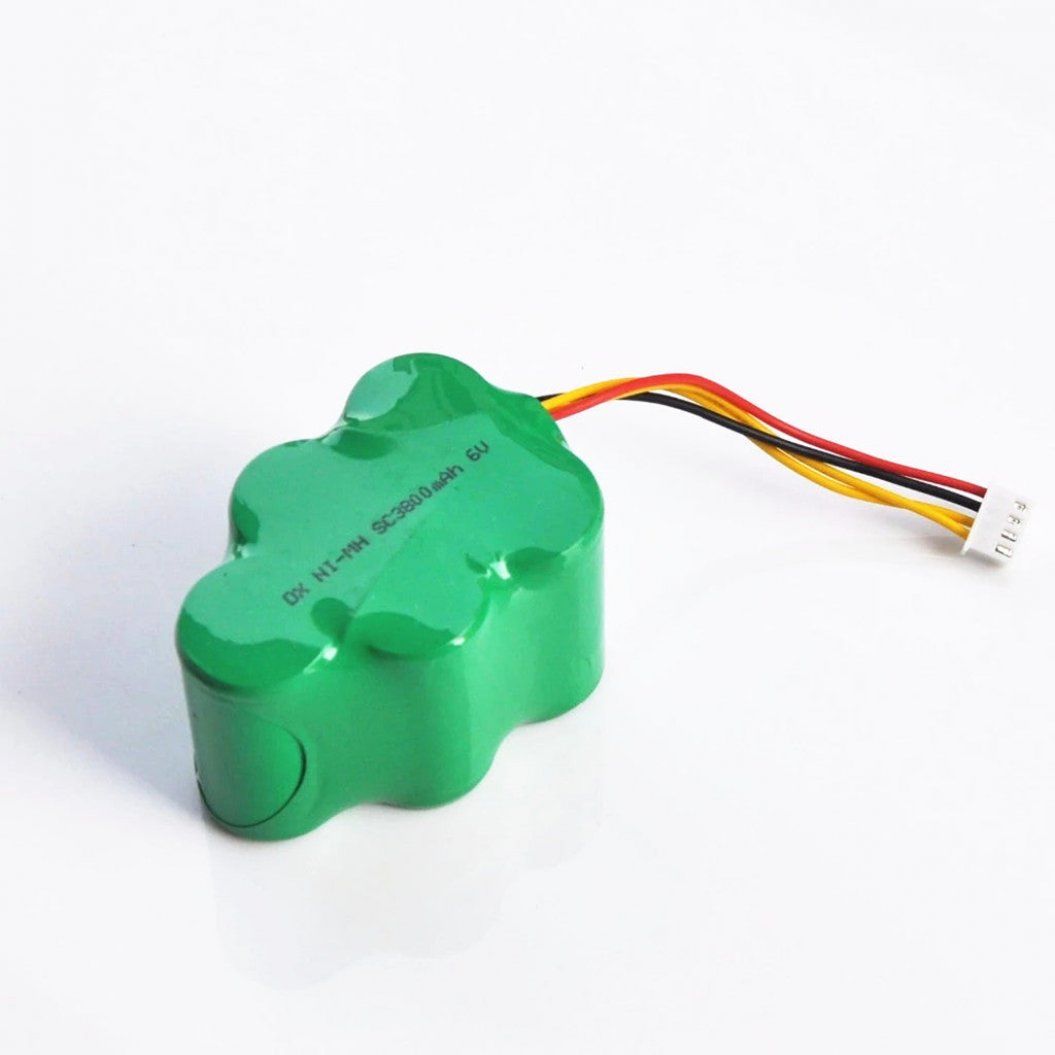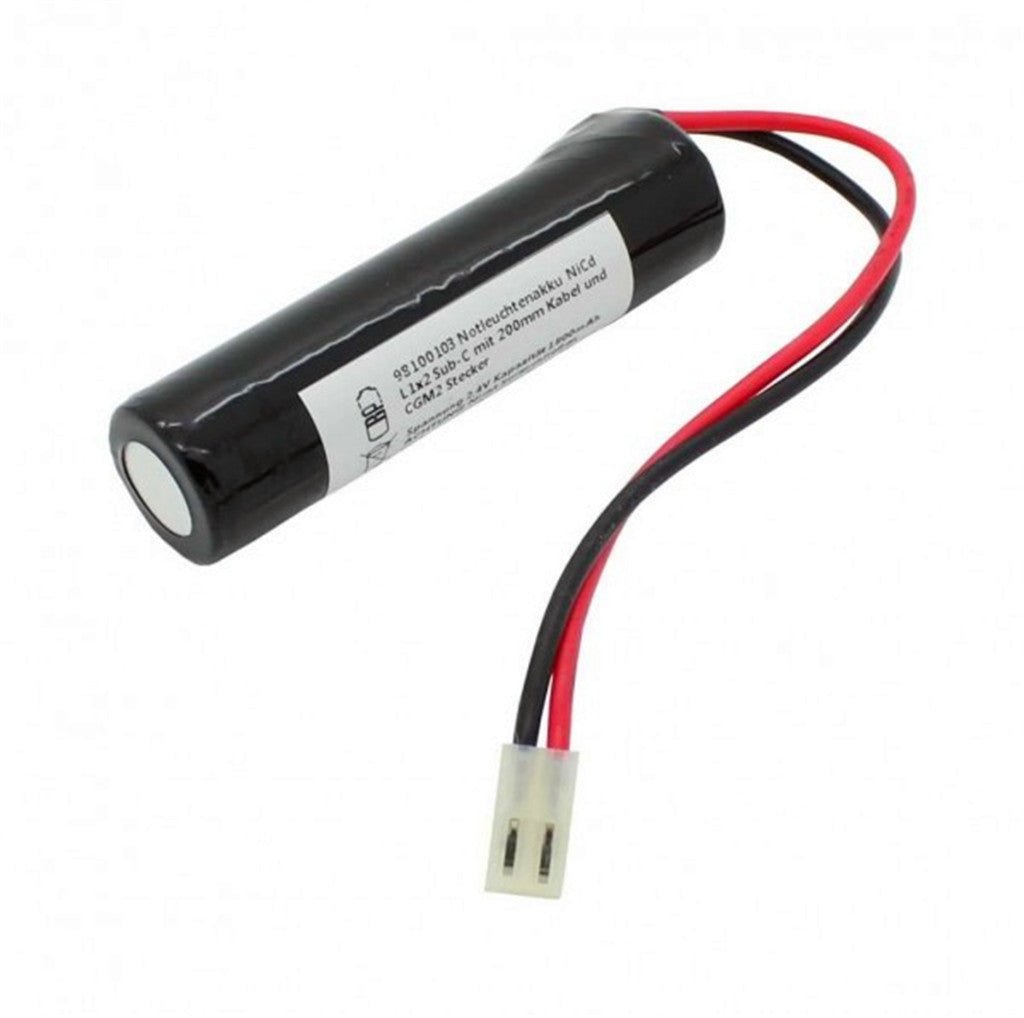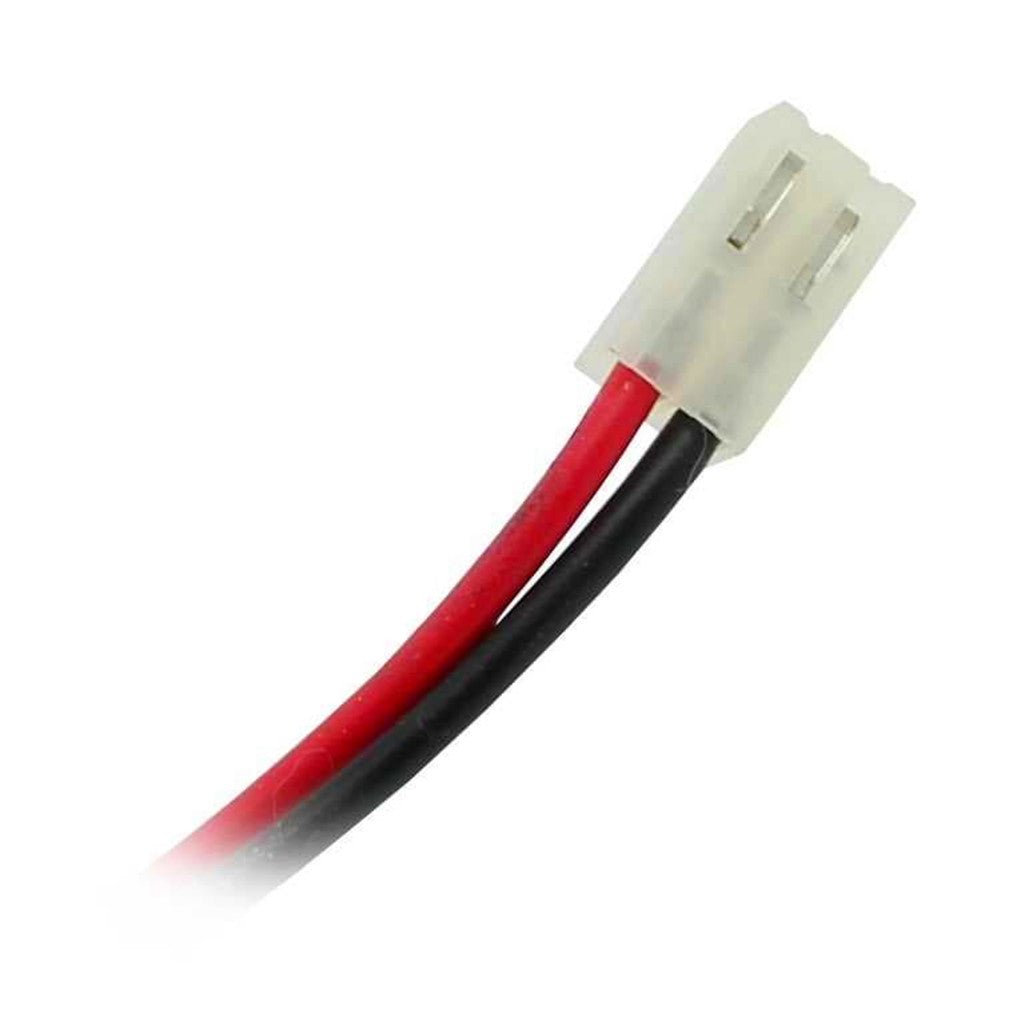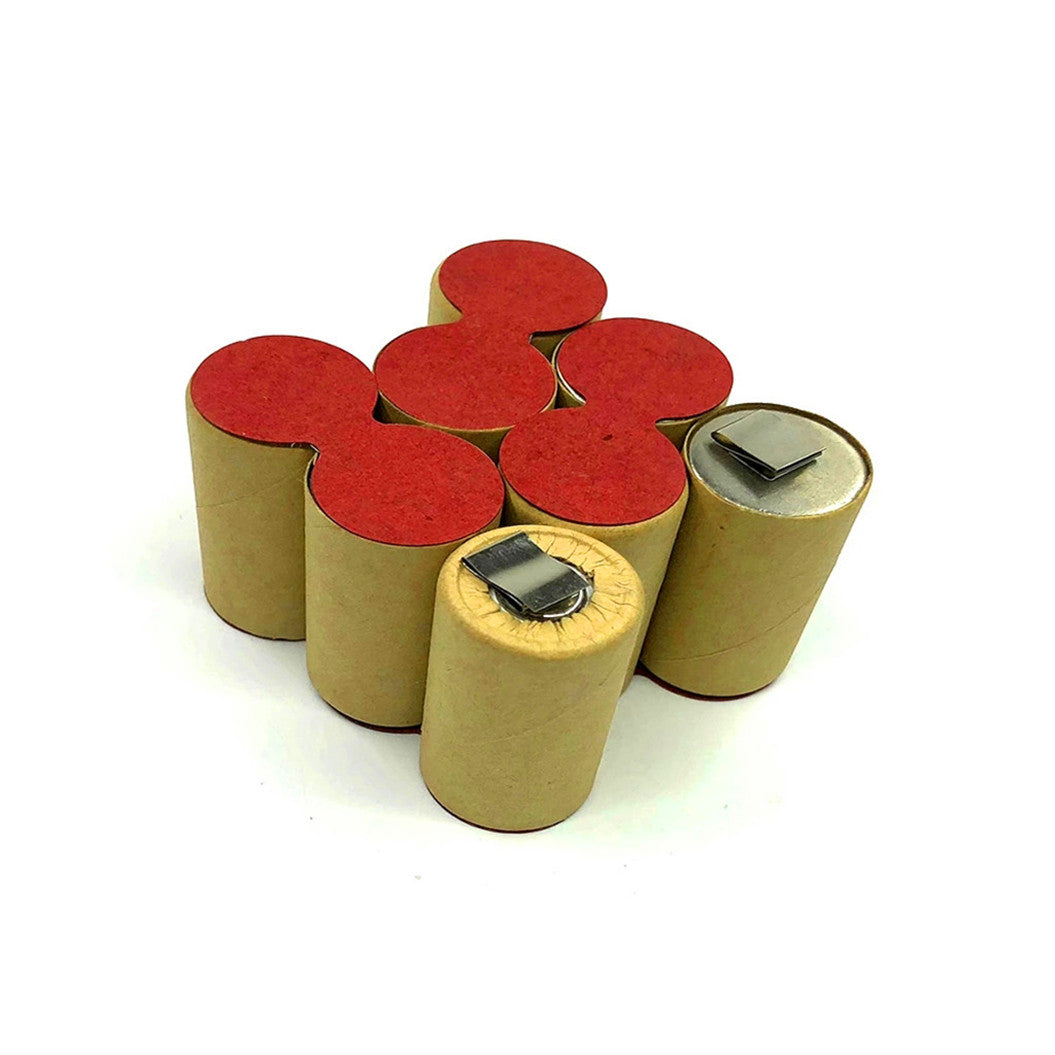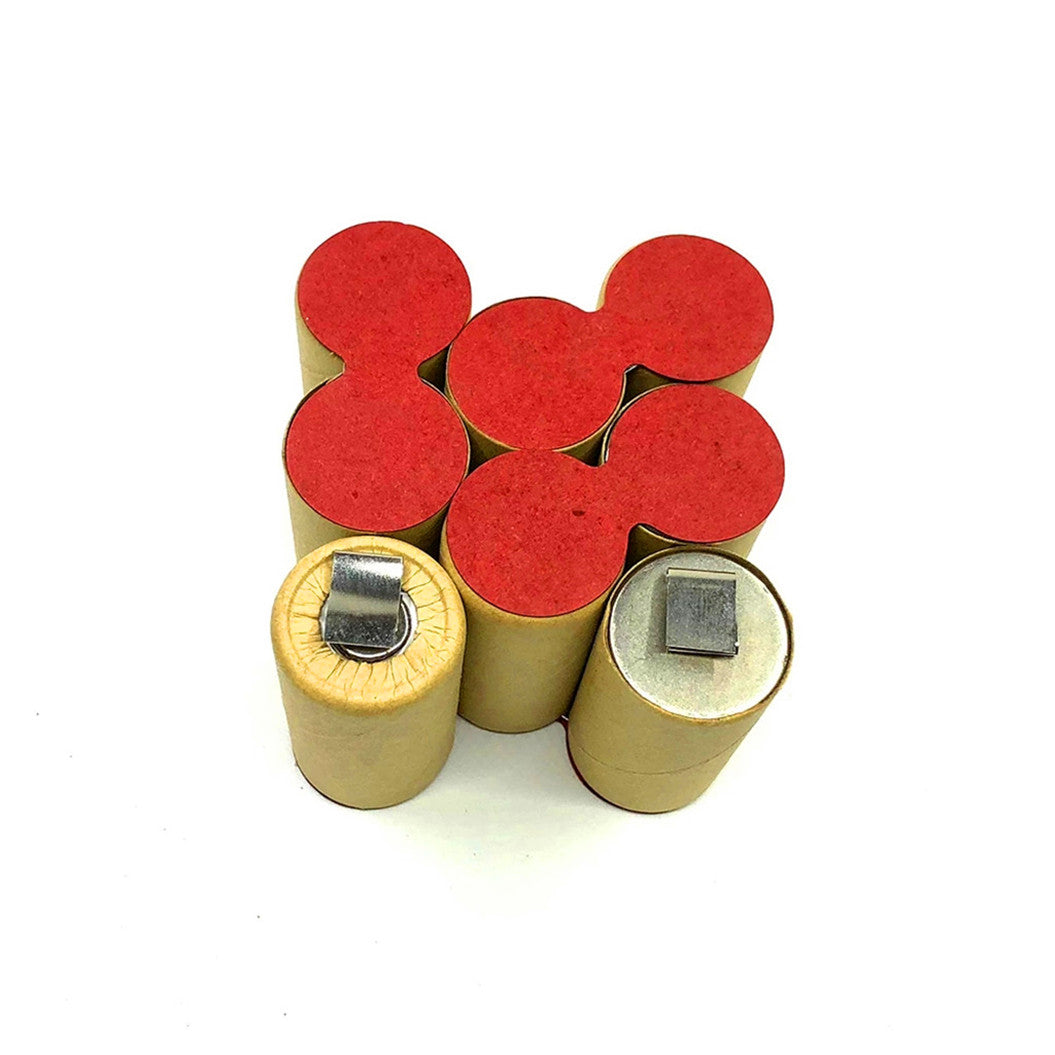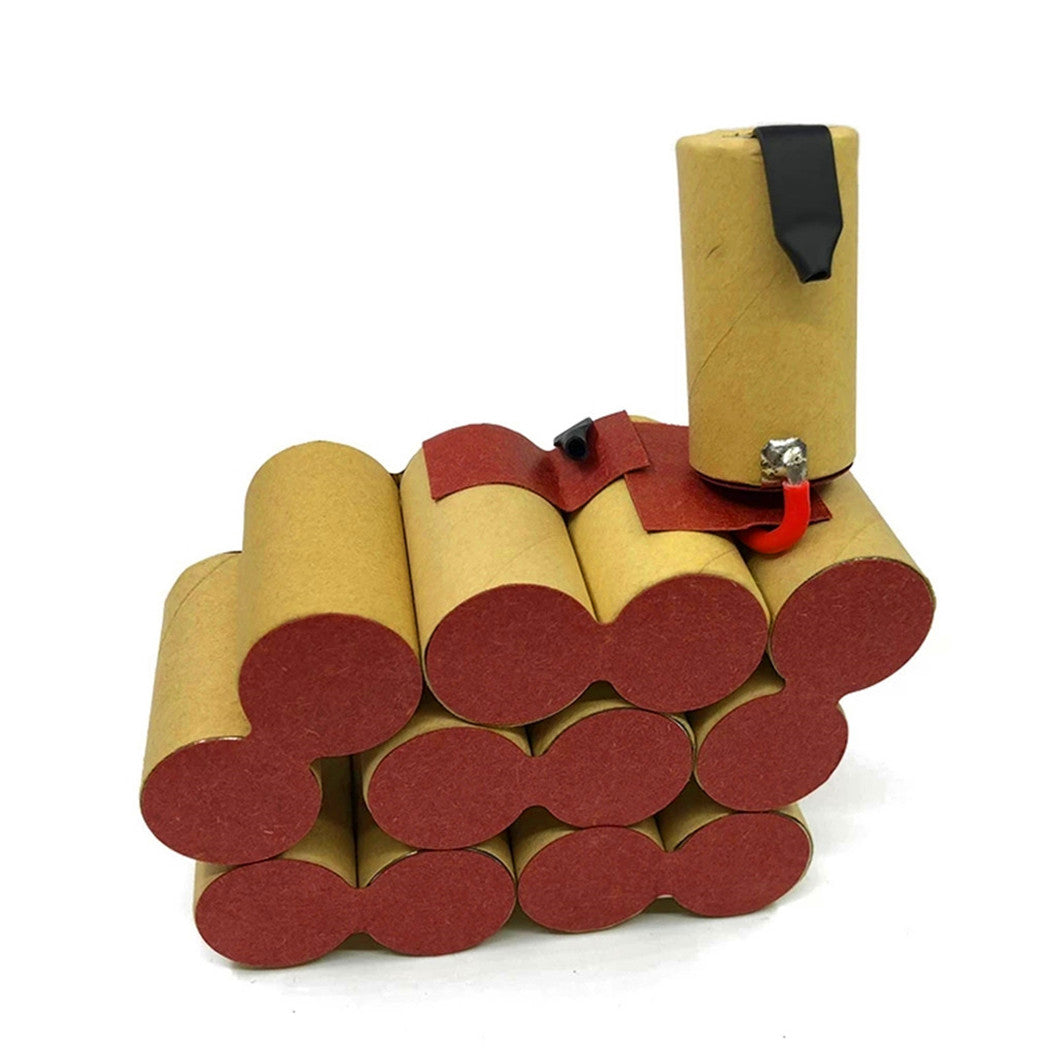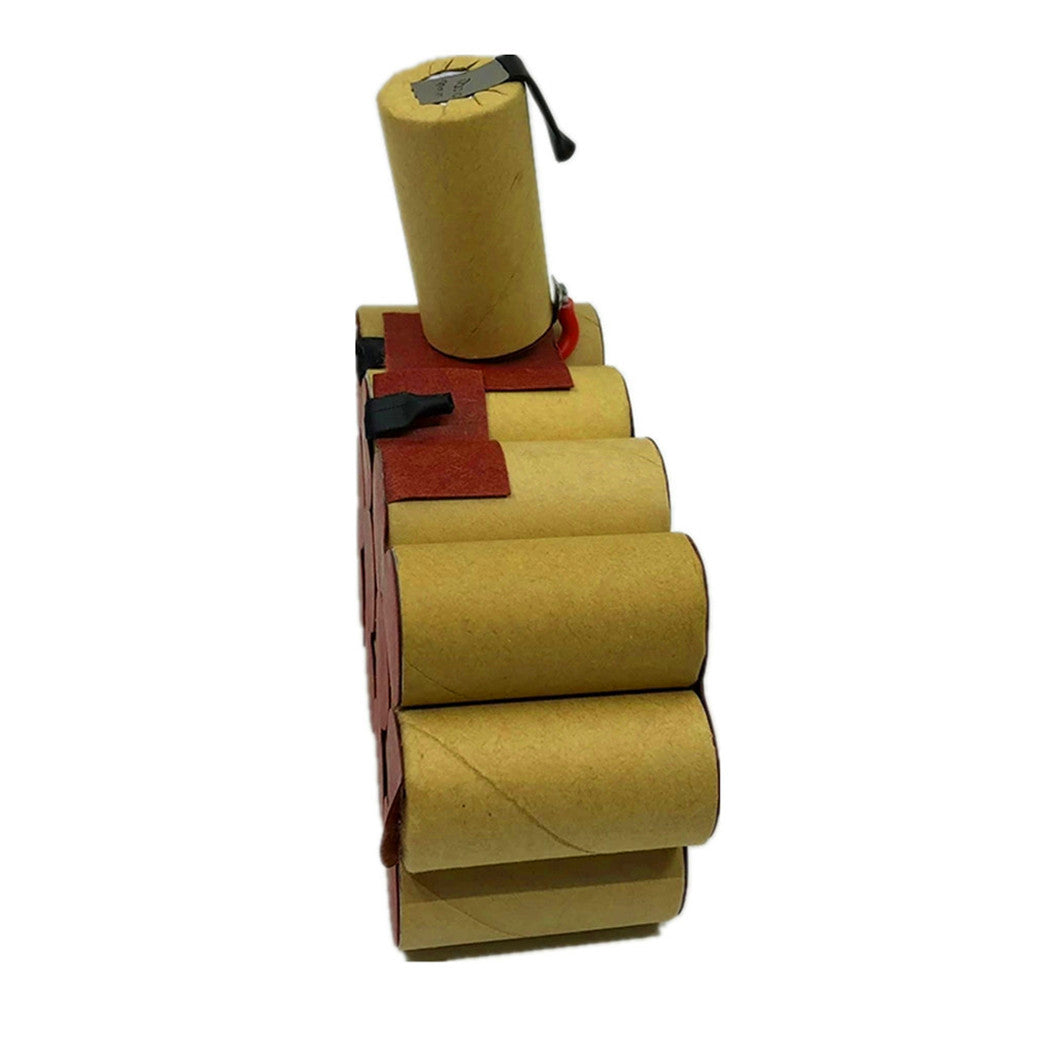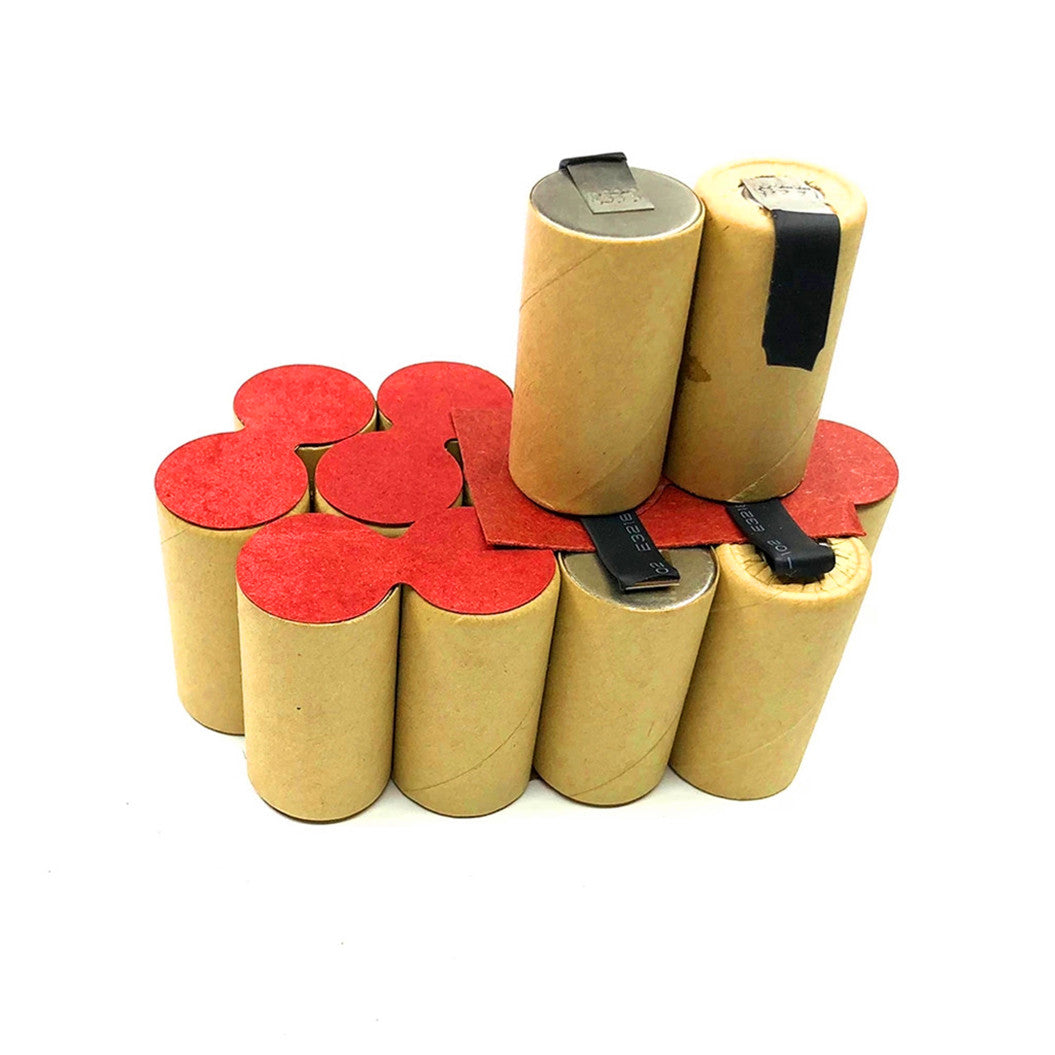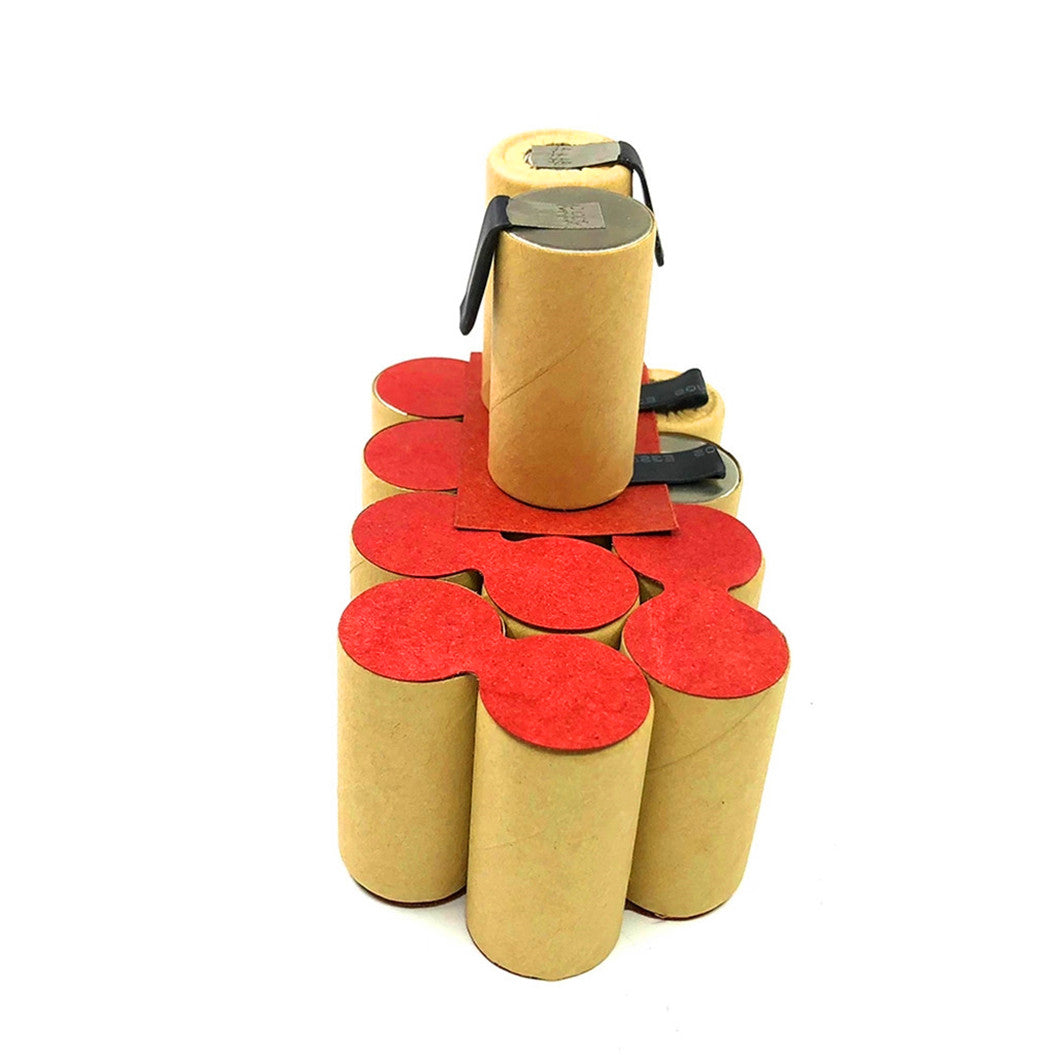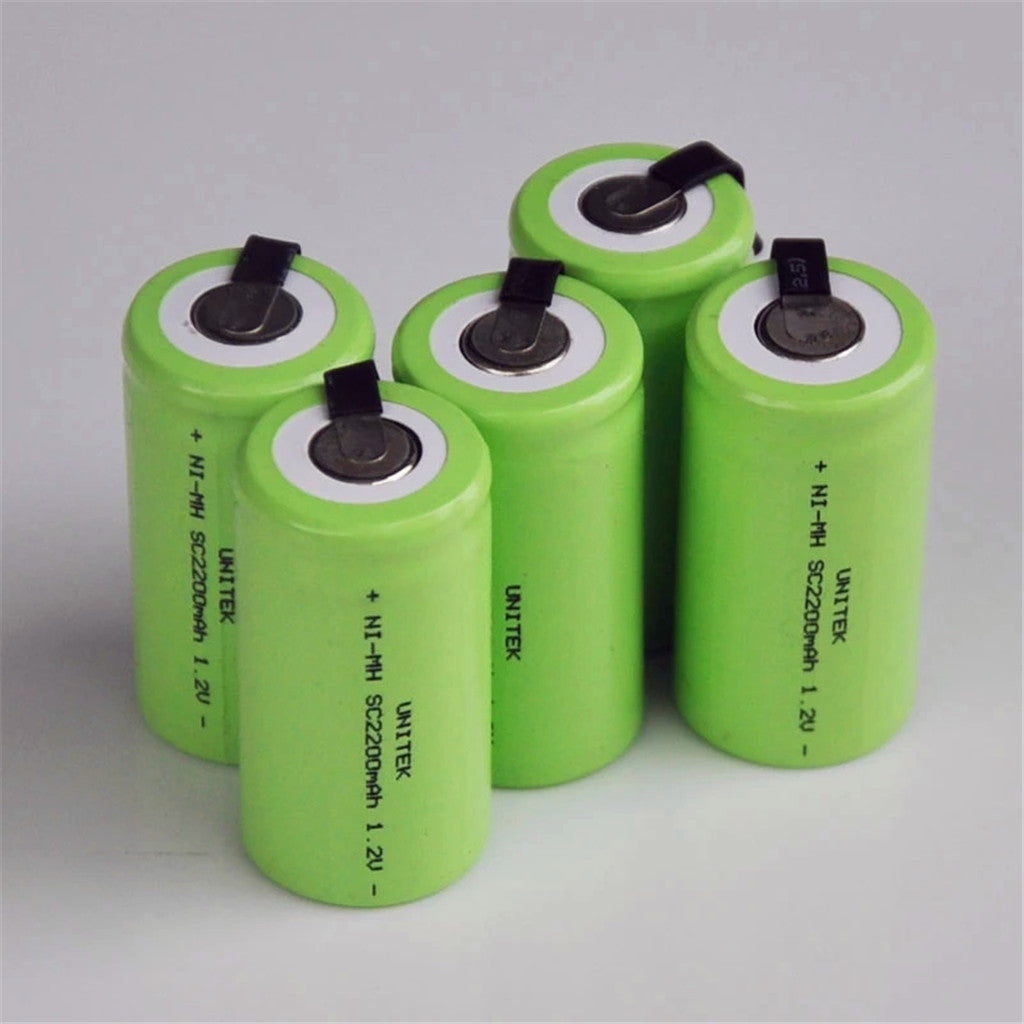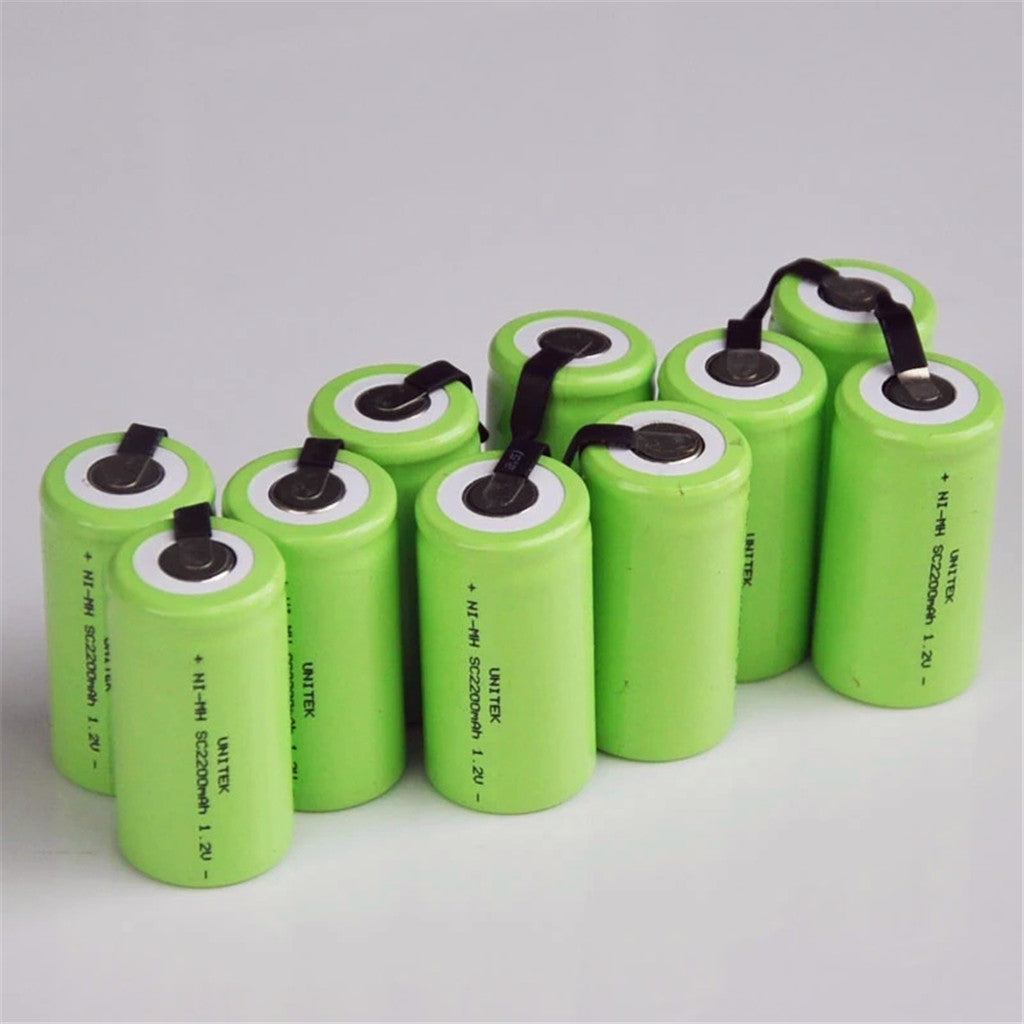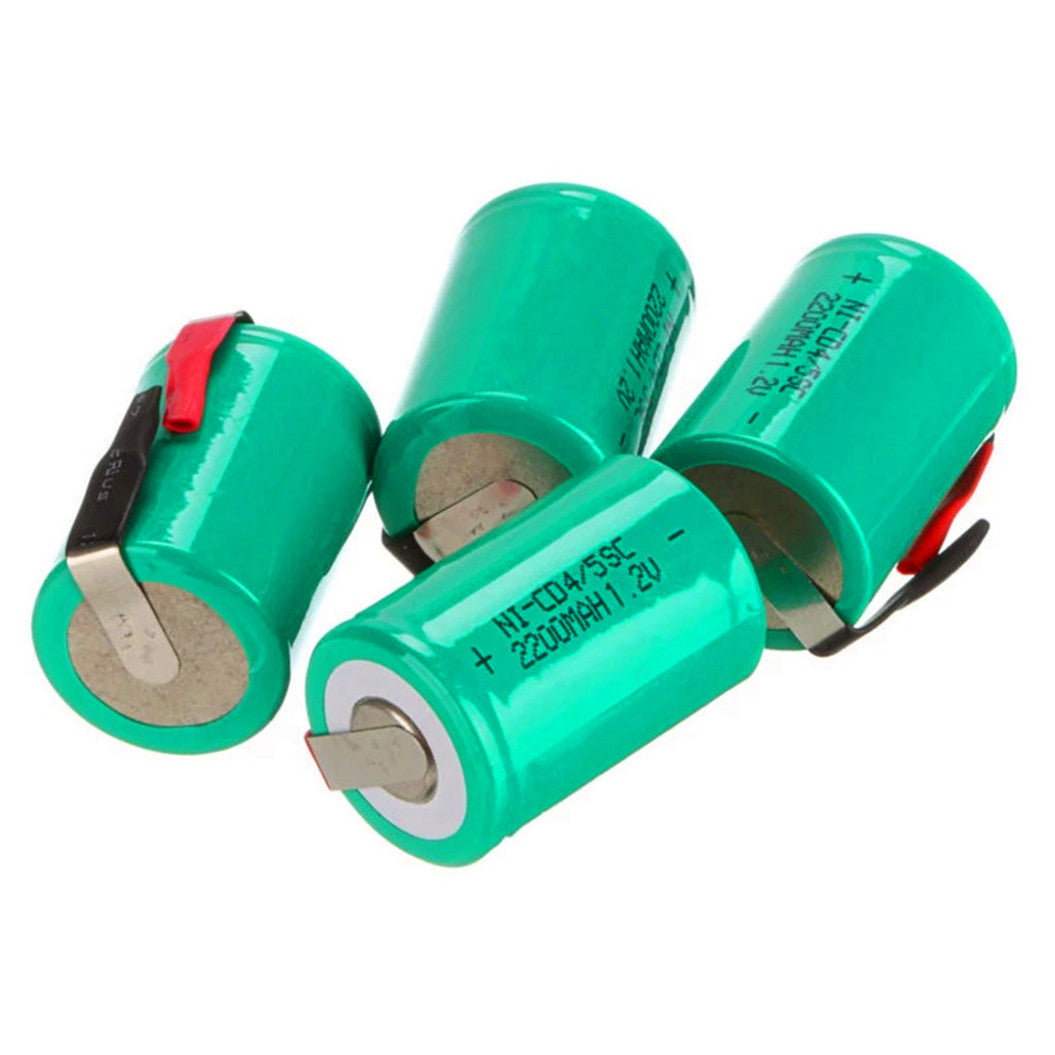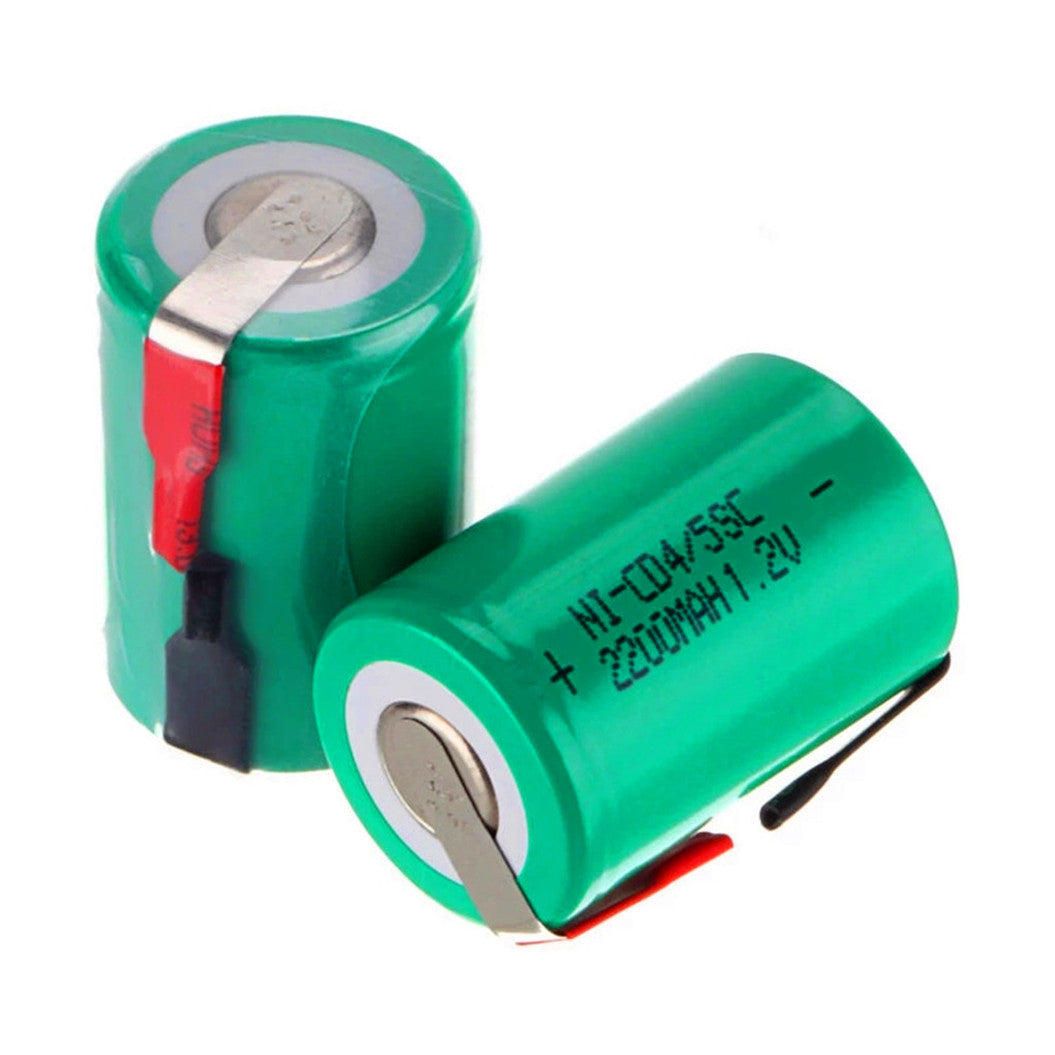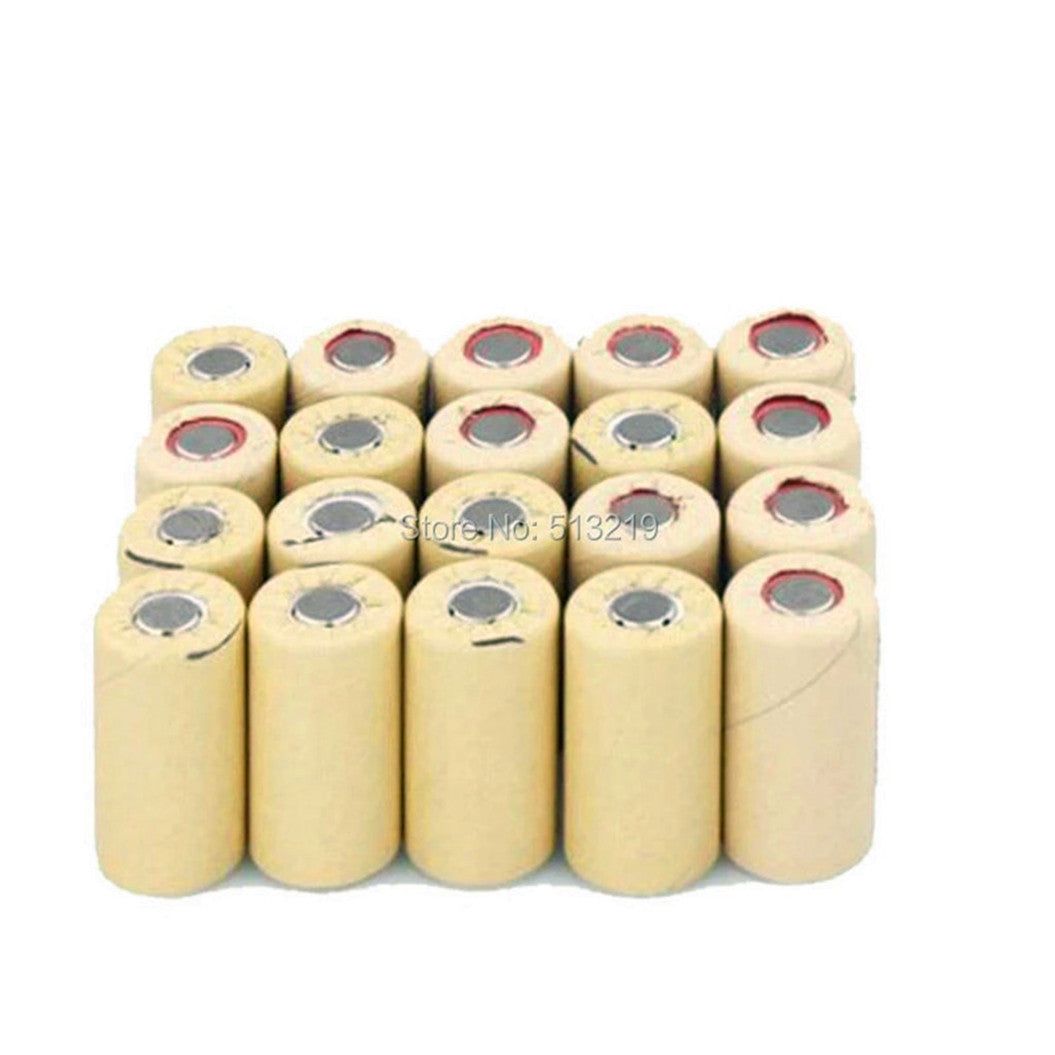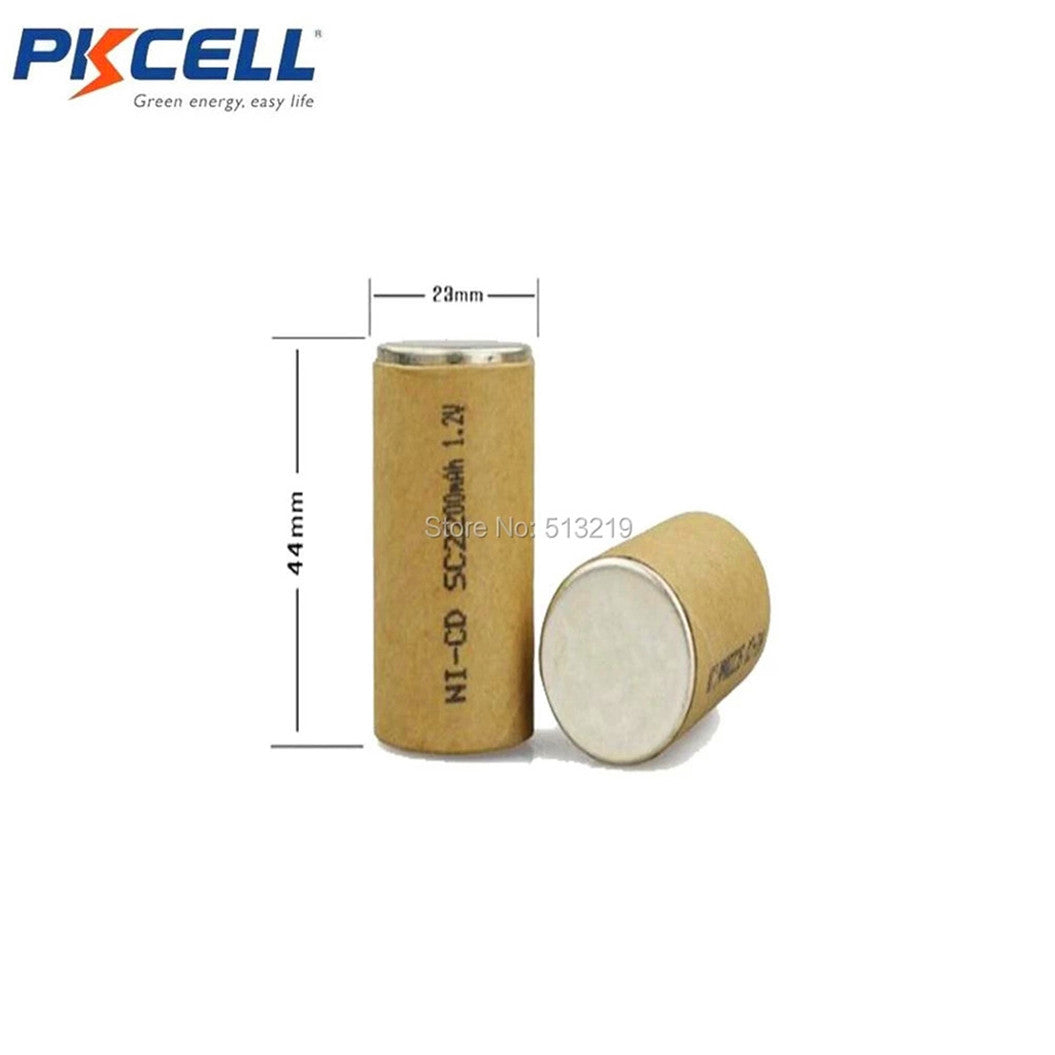-
Verkoper:BATTERYINT
4 / 5SC 3000mAh voor Bosch 3.6V Ni-MH Batterij CD 2607335062 20091609203 P68 voor Zelfinstallatie
- Normale prijs
- $13.99
- Normale prijs
-
- Aanbiedingsprijs
- $13.99
- Eenheidsprijs
- per
4 / 5SC 3000mAh voor Bosch ... -
Verkoper:BATTERYINT
4.8V 3000mAh Ni-MH Batterij voor Black & Decker 9045
- Normale prijs
- $18.99
- Normale prijs
-
- Aanbiedingsprijs
- $18.99
- Eenheidsprijs
- per
4.8V 3000mAh Ni-MH Batterij... -
Verkoper:BATTERYINT
4 / 5SC 3000mAh voor Black & Decker 9.6V Ni-MH Batterij CD HP9096 5101866-00 voor Zelfinstallatie
- Normale prijs
- $26.99
- Normale prijs
-
- Aanbiedingsprijs
- $26.99
- Eenheidsprijs
- per
4 / 5SC 3000mAh voor Black ... -
Verkoper:BATTERYINT
20 stuks SC 3200mAh 1.2V Batterij 4/5SC Sub C Ni-Cd Batterij, met Boor Schroevendraaier Lasplaat
- Normale prijs
- $34.17
- Normale prijs
-
- Aanbiedingsprijs
- $34.17
- Eenheidsprijs
- per
20 stuks SC 3200mAh 1.2V Ba... -
Verkoper:BATTERYINT
2 stuks 6V oplaadbare SC NI-MH batterij 3800mAh voor Ecovacs Deebot Deepoo stofzuiger 650 660 680 710 720 730 760
- Normale prijs
- $42.99
- Normale prijs
-
- Aanbiedingsprijs
- $42.99
- Eenheidsprijs
- per
2 stuks 6V oplaadbare SC NI... -
Verkoper:BATTERYINT
Noodverlichting Accu NiCd 2.4V 1800mAh L1x2 Sub-C met 200mm Kabel en CGM2 Connector
- Normale prijs
- $19.99
- Normale prijs
-
- Aanbiedingsprijs
- $19.99
- Eenheidsprijs
- per
Noodverlichting Accu NiCd 2... -
Verkoper:BATTERYINT
9.6V 3000mAh Ni-MH Batterij voor Master Würth, SD9.6V, 0700 980213, 0700 980 213
- Normale prijs
- $25.99
- Normale prijs
-
- Aanbiedingsprijs
- $25.99
- Eenheidsprijs
- per
9.6V 3000mAh Ni-MH Batterij... -
Verkoper:BATTERYINT
15,6V 3,0 Ah Ni-Mh SFB150 SFB155 SF151-A SF150-A C-pack accu
- Normale prijs
- $55.90
- Normale prijs
-
- Aanbiedingsprijs
- $55.90
- Eenheidsprijs
- per
15.6V 3.0 Ah Ni-Mh SFB150 S... -
Verkoper:BATTERYINT
3000mAh 18V Ni-MH Batterij voor Ferm, CDA1044 Ferm FASB-18 / CDA6004
- Normale prijs
- $54.99
- Normale prijs
-
- Aanbiedingsprijs
- $54.99
- Eenheidsprijs
- per
3000mAh 18V Ni-MH Batterij ... -
Verkoper:BATTERYINT
5st 2200mAh 1.2V SC Ni-Mh Batterij Sub C Batterij voor Elektrische Boor Schraubendraaier Makita Bosch Dewalt Hitachi Gereedschap
- Normale prijs
- $23.50
- Normale prijs
-
- Aanbiedingsprijs
- $23.50
- Eenheidsprijs
- per
5st 2200mAh 1.2V SC Ni-Mh B... -
Verkoper:BATTERYINT
4 stuks 4/5SC Ni-CD batterij 1.2V 2200mAh Sub C voor doe-het-zelf schroevendraaier, boormachine en zaklamp
- Normale prijs
- $21.75
- Normale prijs
-
- Aanbiedingsprijs
- $21.75
- Eenheidsprijs
- per
4 stuks 4/5SC Ni-CD batteri... -
Verkoper:BATTERYINT
30 stuks 2200mAh 1.2V NiCd Sub C Oplaadbare Batterij Power Tool Papier Gewikkeld (Plat Top) 10C Hoge Afvoer SC Batterijen
- Normale prijs
- $96.58
- Normale prijs
-
- Aanbiedingsprijs
- $96.58
- Eenheidsprijs
- per
30 stuks 2200mAh 1.2V NiCd ...
Showing 1 -12 of 15 items
1. What is an SC battery or Sub-C battery?
An SC battery, also known as a Sub-C battery, is a rechargeable cell commonly used in high-drain devices like power tools, remote-controlled vehicles, and vacuum cleaners. Sub-C batteries are larger than AA cells but smaller than D cells, and they provide higher current output, making them ideal for devices requiring substantial power. These batteries are often made from either nickel-cadmium (NiCd) or nickel-metal hydride (NiMH) chemistries, providing long-lasting performance for various demanding applications.
2. How long does a Sub-C battery last?
The lifespan of a Sub-C battery depends on its chemistry (NiCd or NiMH), how frequently it is used, and how well it is maintained. On average, a well-maintained sub c battery can last between 2 to 5 years, or provide hundreds of charge cycles. Proper charging practices, such as avoiding overcharging or fully discharging the battery SC, can extend its lifespan and keep it working efficiently.
3. Can I use Sub-C batteries in place of other battery types?
Sub-C batteries are typically used in specific devices that require their high current output, so they may not be interchangeable with smaller batteries like AA or C cells. If your device specifies the use of a sub c cell battery, it’s important to use the correct size and voltage to ensure proper operation. Using the wrong battery, such as replacing a battery SC with a smaller type, could result in insufficient power and potential damage to the device.
4. What devices commonly use Sub-C batteries?
Sub-C batteries are commonly used in devices that require high power output, such as cordless power tools, vacuum cleaners, and remote-controlled cars. These applications demand the consistent, high-energy performance that sub c batteries provide. SC batteries are also used in battery packs for industrial equipment, providing the necessary energy for devices that require frequent and intense usage.
5. How do I charge a Sub-C battery?
To charge a sub c battery, use a charger designed specifically for NiMH or NiCd chemistries, depending on the type of SC battery you are using. Charging times vary depending on the capacity of the battery sub c and the charger’s specifications, but it generally takes 2 to 5 hours to fully charge a sub c cell battery. It’s important to monitor the charging process to avoid overcharging, which can shorten the battery’s lifespan.
6. Can I replace NiCd Sub-C batteries with NiMH Sub-C batteries?
Yes, you can often replace NiCd Sub-C batteries with NiMH Sub-C batteries as long as the voltage and size match. NiMH sub c batteries generally offer higher energy density and are more environmentally friendly than NiCd batteries, making them a better choice in many cases. However, some older chargers may not be compatible with NiMH technology, so it’s important to check the charger before making the switch to ensure proper charging and performance.
7. How can I tell if my SC battery needs to be replaced?
You’ll know it’s time to replace your SC battery when it no longer holds a charge or discharges much faster than it used to. Other signs include physical damage such as swelling, leakage, or overheating during charging. Regularly monitoring the performance of your sub c battery will help you determine when it is reaching the end of its life and when a replacement is necessary to ensure your device operates at peak efficiency.
8. Are SC batteries environmentally friendly?
Sub-C batteries, especially those made with NiMH chemistry, are considered more environmentally friendly than older technologies like NiCd. NiMH sub c cell batteries do not contain toxic heavy metals like cadmium, which makes them safer to recycle and dispose of. However, all rechargeable batteries should be recycled at proper recycling centers to ensure safe disposal and recovery of valuable materials. Never throw a battery SC in the trash, as improper disposal can be harmful to the environment.
9. How can I extend the life of my Sub-C battery?
To extend the life of your Sub-C battery, avoid fully discharging it before recharging and remove it from the charger once it is fully charged. Additionally, store the battery SC in a cool, dry place when not in use, and avoid exposing it to extreme temperatures, which can degrade its performance over time. Following these practices will help maintain the longevity of your sub c battery and ensure reliable performance for a longer period.
10. Can I recycle Sub-C batteries?
Yes, you can recycle Sub-C batteries, and it’s important to do so to minimize environmental impact. Many recycling centers and electronics stores accept sub c batteries for recycling, including both NiMH and NiCd chemistries. Recycling a battery sub c allows valuable materials to be recovered and prevents harmful substances from entering landfills. Always recycle your SC batteries responsibly to contribute to a more sustainable environment.


